Good evening guys!
I wrote a pattern that catches resource:
X-ray Tracing ID : Root=%{DATA:resource}
In the log excerpt below:
(d9be2aec-d683-4d9b-8d3c-428f1f339416) X-ray Tracing ID : Root=1-612dd69a-4b2951db368113005fb367ce
However, I am considering a case when an additional fragment after @ appears in the logs, which I would not like to take into account:
(d9be2aec-d683-4d9b-8d3c-428f1f339416) X-ray Tracing ID : Root=1-612dd69a-4b2951db368113005fb367ce@12345678998765
This is where the grok works that I wrote:
X-ray Tracing ID : Root=%{DATA:resource}[^@]*
And how to combine these two cases? Similar syntax, except that if @ appears we do not take into account the rest, and if it does, and if it does not, we take all of it?
I am a beginner in grok patterns so would appreciate a tip.
